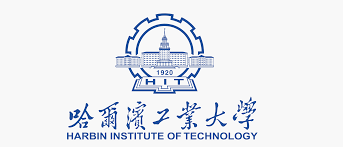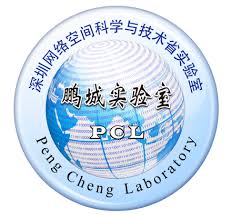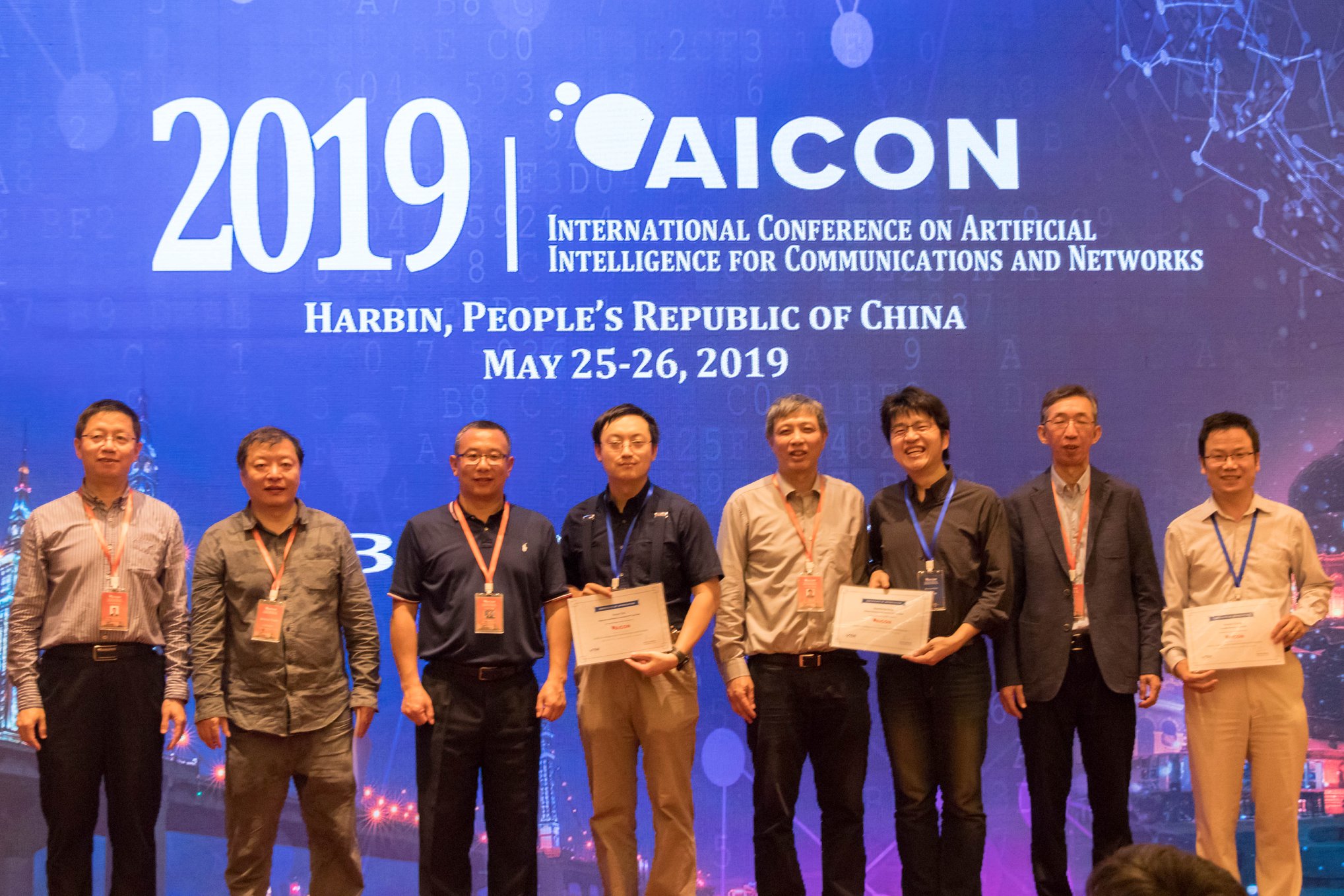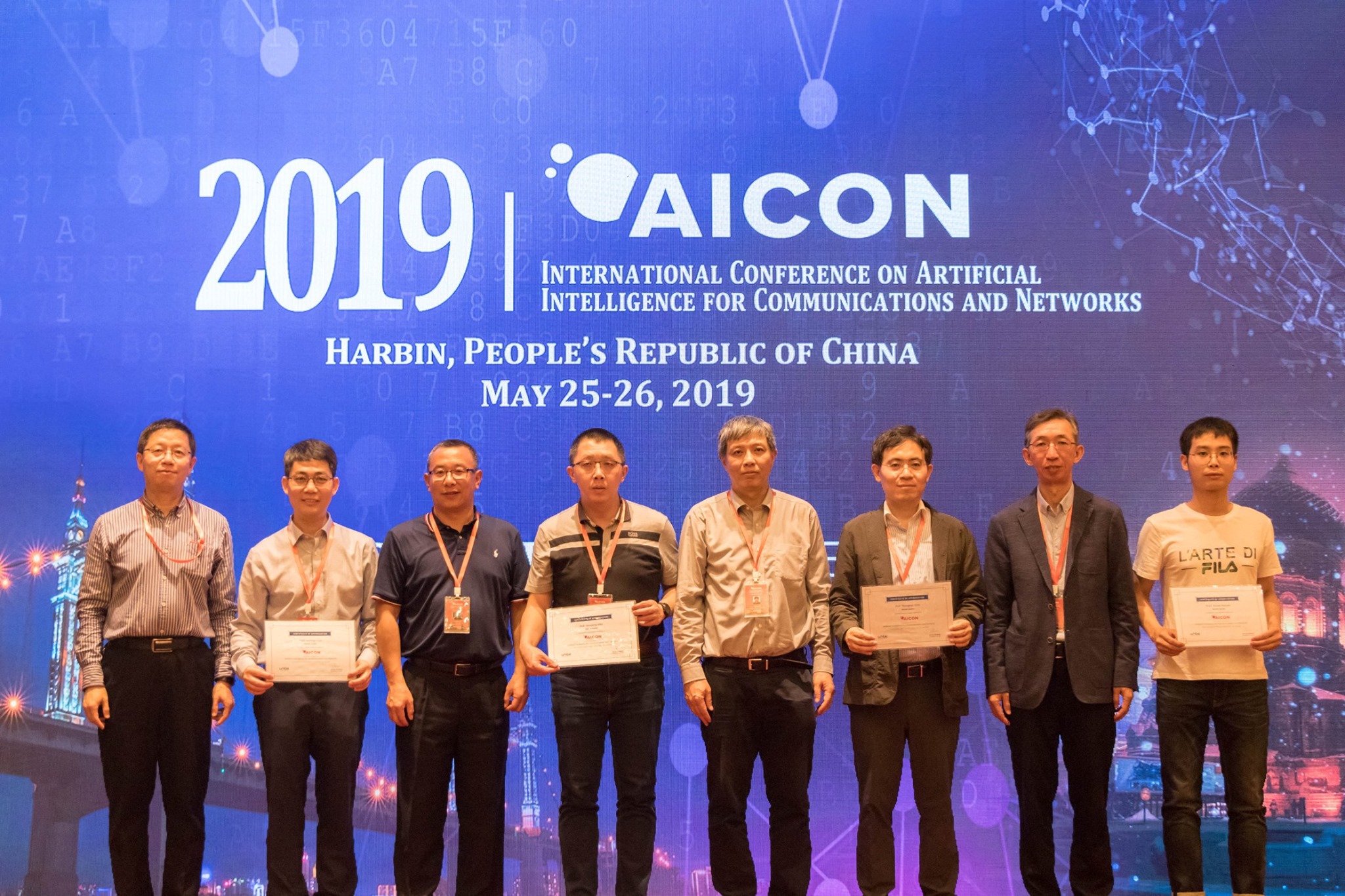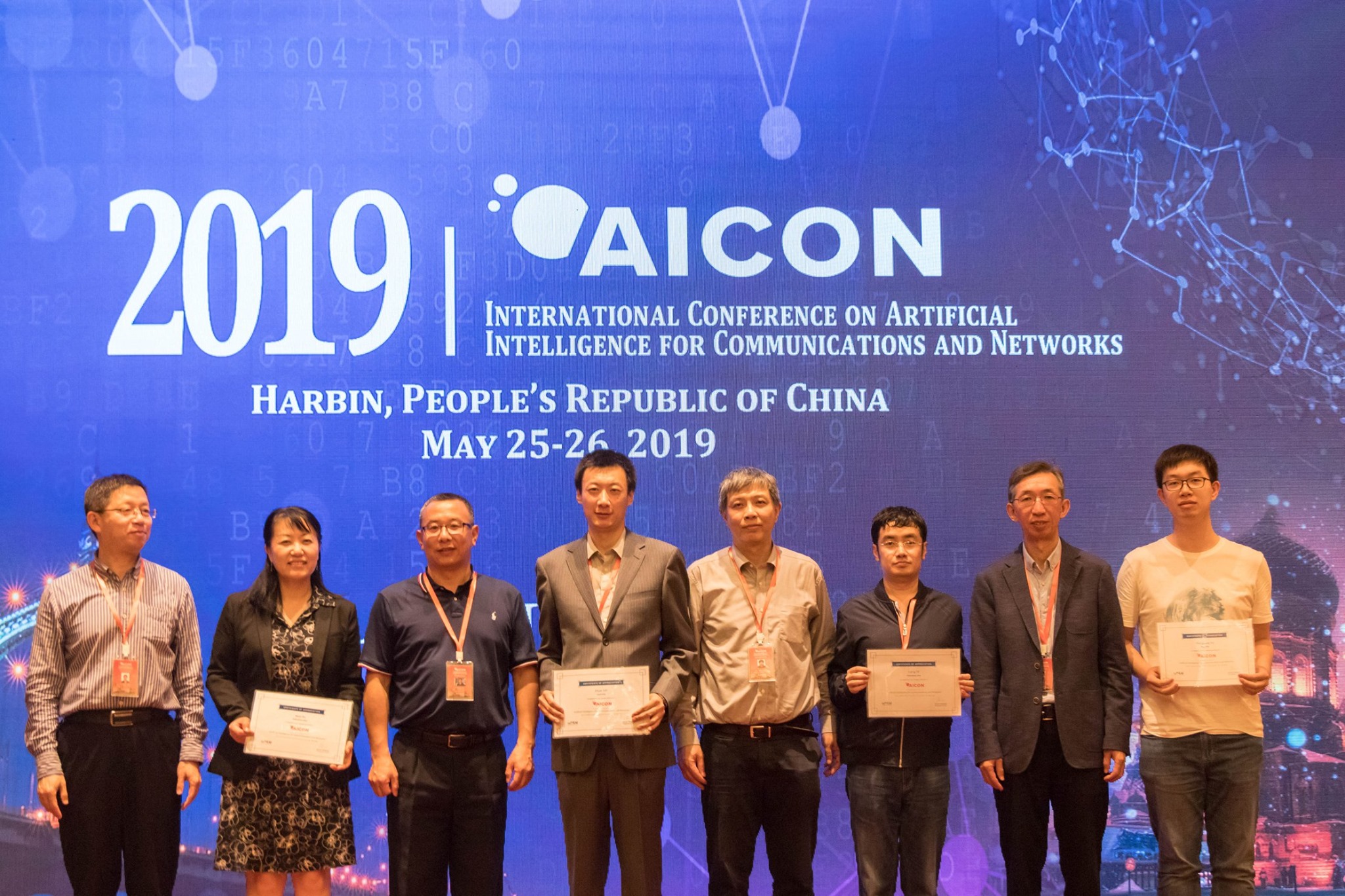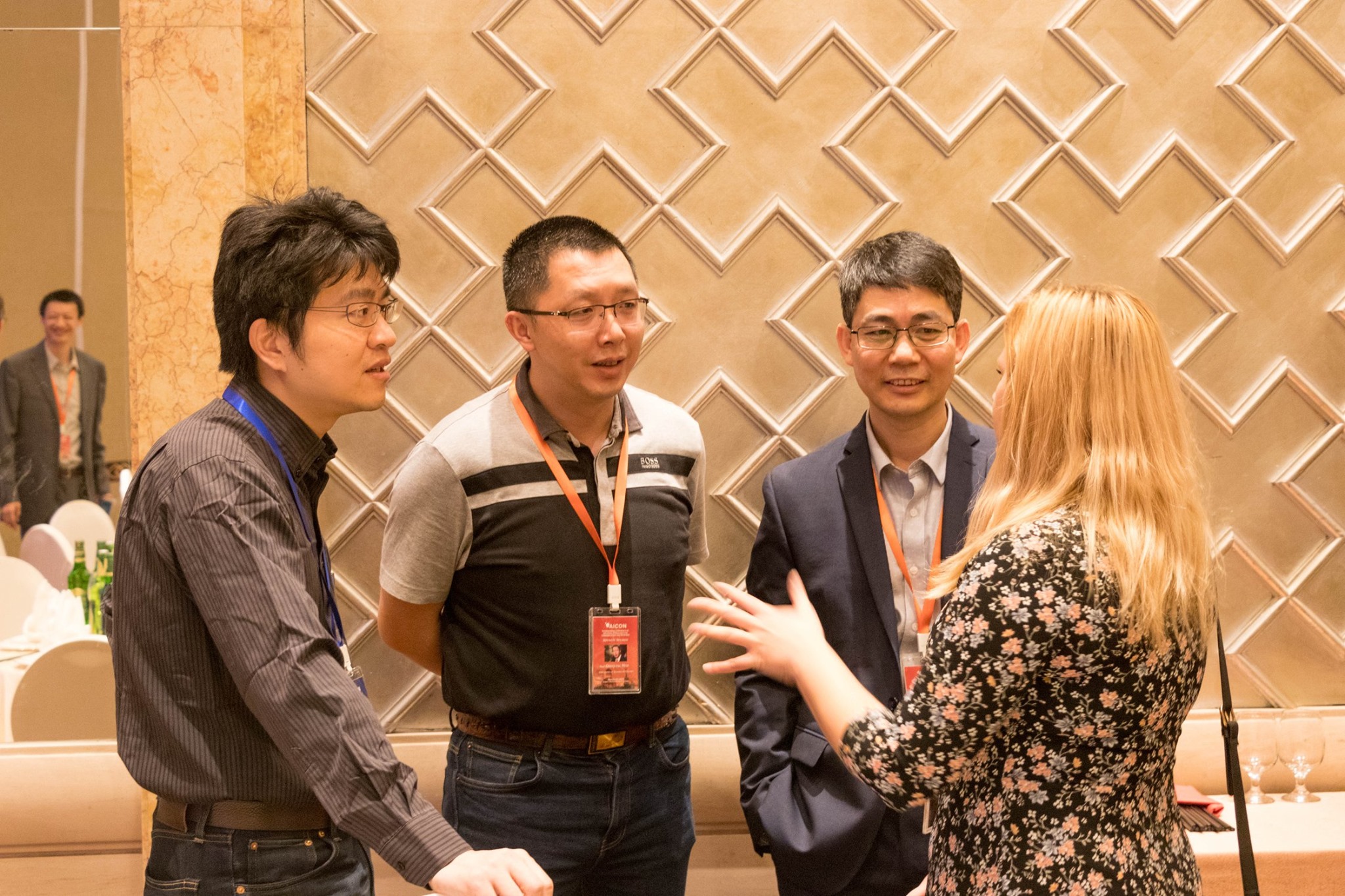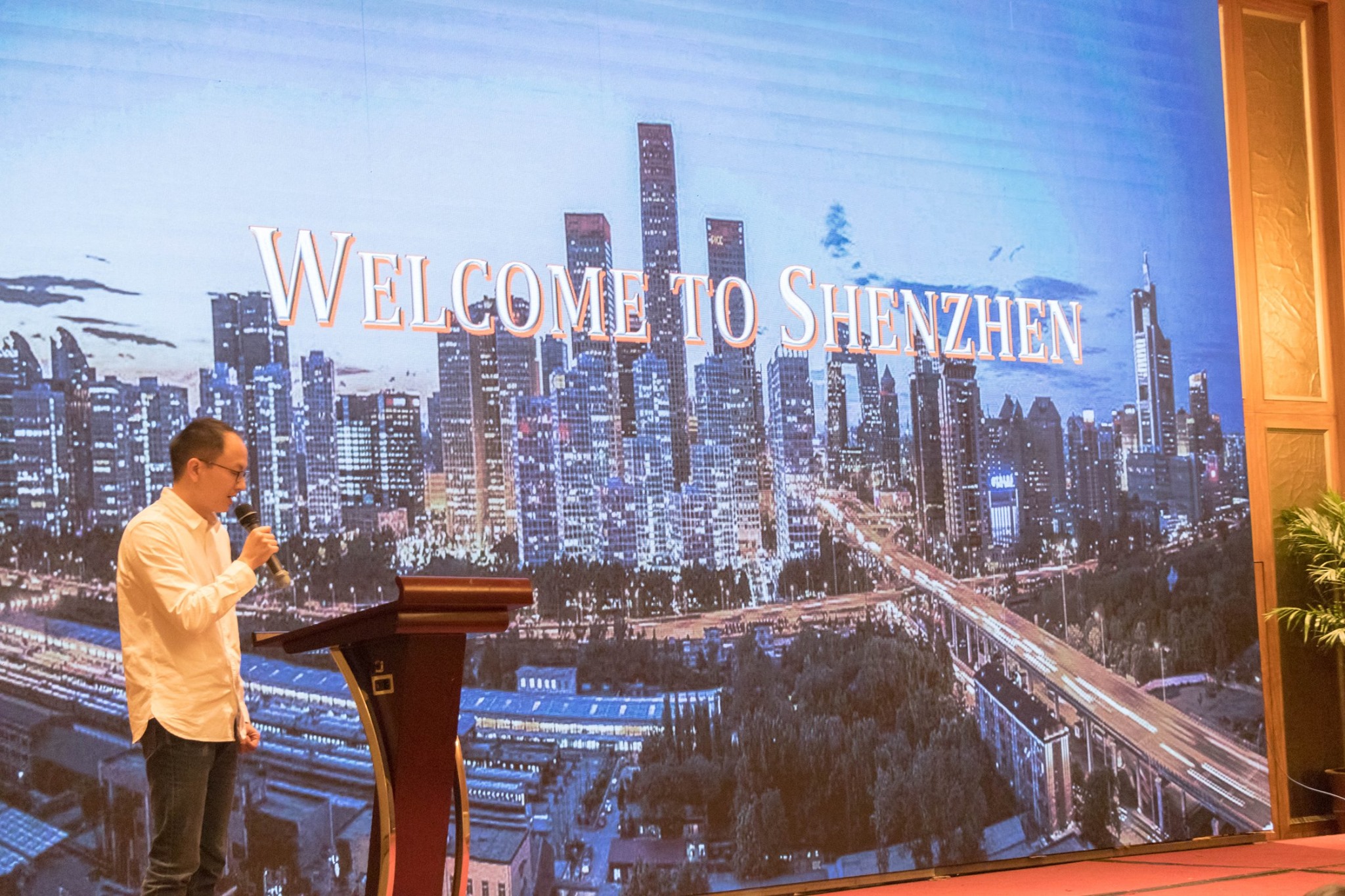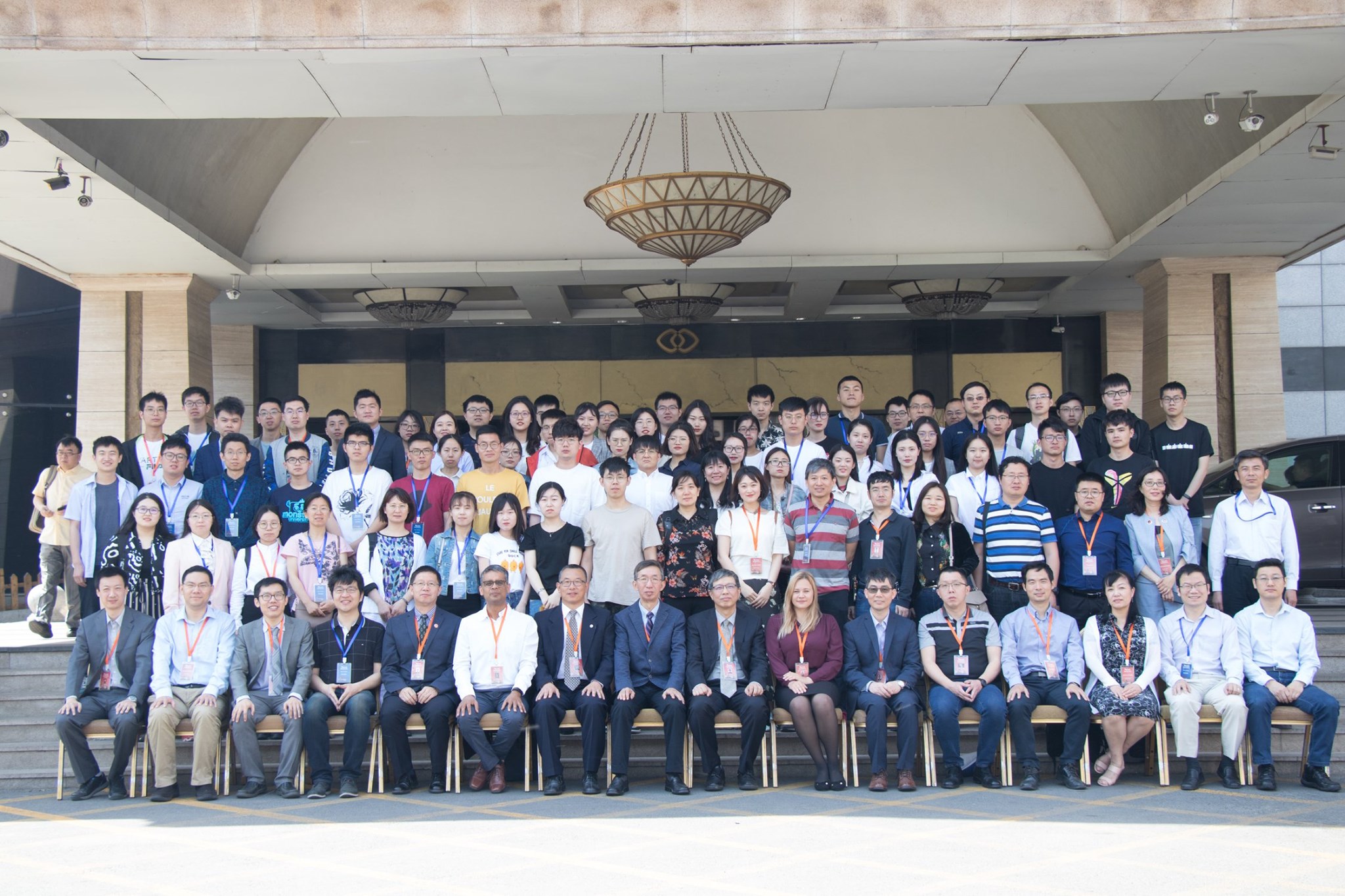EAI AICON 2020 will be held as a fully-fledged online conference.
Due to the safety concerns and travel restrictions caused by COVID-19, EAI AICON 2020 will take place online in a live stream.
Participants will still be able to enjoy unique interactive benefits – learn more.
EAI AICON 2020 – 2nd EAI International Conference on Artificial Intelligence for Communications and Networks
December 19-20, 2020
Cyberspace
Thank you for participating in
EAI AICON 2020!
Watch the full recordings of the
EAI AICON 2020 livestream
(Keynotes: Prof. Rui Zhang and Prof. Wei Xiang)
We are please to invite you to join the next edition of the conference!

EAI Transactions series (Open Access)
EAI/Springer Innovations in Communications and Computing Book Series
Learn more
Publication
Indexed in

- Members with top 0.1% EAI Index at the end of the year will become EAI Fellows
- Credits are awarded to all authors based on review, but regardless of acceptance
- The first open and transparent way of recognizing great researchers worldwide
Get the recognition you deserve with EAI Index:
Thank you for your participation. We are looking forward to see you at the EAI AICON 2021! More details are coming soon!
Welcome to the EAI Community
Let the EAI Community help you build your career with collaborative research, objective evaluation, and fair recognition:
- Extra visibility for your paper and fair review → Community Review
- Get credits to receive membership ranks and global recognition → EAI Index
- Real-time evaluation and feedback on your presentation on-site → EAI Compass
Proceedings
Update: Proceedings have been published in SpringerLink Digital Library.
Best Paper Announcement!
The Best Paper Award of EAI MMS 2020 goes to the authors of the papers:
Energy Efficiency Optimization for Subcarrier Allocation-based SWIPT in OFDM Communications
Xin Liu (Dalian University of Technology)
Yuting Guo (Dalian University of Technology)
Perceptual Quality Enhancement with Multi-scale Deep Learning for Video Transmission: A QoE Perspective
Chaoyi Han (Tsinghua University)
Yiping Duan (Tsinghua University)
Xiaoming Tao (Tsinghua University)
Rundong Gao (Tsinghua University)
Jianhua Lu (Tsinghua University)
The Best Student Paper Award goes to the paper:
The Design Of An Intelligent Monitoring System For Human Action
Xin Liang (Beijing Institute of Technology)
Mingfeng Lu (Beijing Institute of Technology)
Tairan Chen (Beijing Institute of Technology)
Zhengliang Wu (Beijing Institute of Technology)
Fangzhou Yuan (Beijing Institute of Technology)
Congratulations!
Publication
All accepted and presented papers will be subjected for publishing by Springer to be made available through SpringerLink Digital Library.
Past volume of EAI AICON is indexed in leading indexing services, including Ei Compendex, ISI Web of Science, Scopus, CrossRef, Google Scholar, DBLP, as well as EAI’s own EU Digital Library (EUDL).
Authors of selected papers will be invited to submit an extended version to:
All accepted authors are eligible to submit an extended version in a fast track of:
- EAI Endorsed Transactions on Collaborative Computing (Open Access)
- EAI Endorsed Transactions on Mobile Communications and Applications (Open Access)
Additional publication opportunities:
Topics
- 1. Deep Learning/Machine Learning on Information and Signal Processing
- 2. AI in Ubiquitous Mobile Wireless Communications
- 3. AI in SAR/ISAR Target Detection
- 4. AI in UAV-assisted wireless communications
- 5. Smart Education: Educational Change in the age of artificial intelligence
- 6. Recent advances in AI and their applications in future electronic and information field
About AICON 2020
Recent developments in artificial intelligence (AI) and machine learning, especially in deep learning, has stimulated growing interests to incorporate AI and machine learning into communication systems and networks. While some researchers have advocated applying deep learning tools to communication system (especially receivers) design, others are doubtful as to how much benefits these tools can offer. On one hand, communication systems have been designed and optimized by generations of dedicated efforts for bandwidth, power, and complexity efficiency, and reliability, leaving little room for improvements in most cases. On the other hand, deep learning enabled networks, supported by results such as universal approximation theorem, seem to promise a new and simple design regime where near optimal performance can be achieved by merely using certain ready to use deep learning modules, applying them to communication design problems, and tuning them based on the easily generated training data. The deep learning based approach may offer some new design approaches for traditionally difficult signal processing tasks in communications and networks.
This conference is meant to stimulate the debate and provide a forum for researchers working in related problems to exchange ideas and recent results (both positive and negative ones) in applying artificial intelligence to communications and networks. Both supervised learning and unsupervised learning, reinforcement learning, and recent developments in generative adversarial networks, and game-theoretic setups are also of great interests.
About EAI
This event is organized by EAI.
EAI – European Alliance for Innovation is a non-profit organization and a professional community established in cooperation with the European Commission to empower the global research and innovation, and to promote cooperation between European and International ICT communities.
EAI’s vision is to foster excellence in research and innovation on the principles of transparency, objectivity, equality, and openness. Our guiding principle is community cooperation to create better research, provide fair recognition of excellence and transform best ideas into commercial value proposition.
EAI‘s mission is to create an environment that rewards excellence transparently, and builds recognition objectively regardless of age, economic status or country of origin, where no membership fees or closed door committees stand in the way of your research career.
Through these shared values, EAI leads the way toward advancing the world of research and innovation, empowering individuals and institutions for the good of society to fully benefit from the digital revolution.
Important dates
Late Track
Full Paper Submission deadline
15 September 2020 30 September
Notification deadline
30 September 2020 14 October
Camera-ready deadline
31 October 2020
Video Submission deadline
5 November 2020 19 November 2020 (extended)
Start of Conference
19 December 2020
End of Conference
20 December 2020
Main Track
Full Paper Submission deadline
30 August 2020
Notification deadline
8 October 2020 14 October
Camera-ready deadline
31 October 2020
Video Submission deadline
5 November 2020
Start of Conference
19 December 2020
End of Conference
20 December 2020
Previous AICON editions
2019 – Harbin, People’s Republic of China
Sponsors
